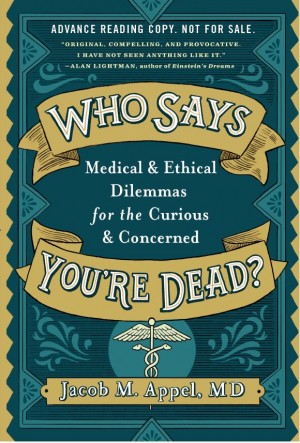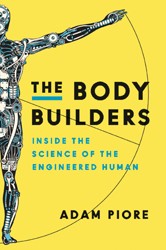Dr. Robert Klitzman had recommended that his father try an experimental cancer chemotherapy that proved deadly. That experience has haunted Dr. Klitzman ever since, and led to his writing a book examining how we, as individuals and a society, decide what experiments on humans are safe enough. This book explores how horrific Nazi experiments in concentration camps first prompted the development of guidelines on human experiments. But current regulations are increasingly inadequate and controversial. Human experiments on genes, cancer, stem cells, infections, depression, and other diseases are transforming our lives, but pose enormous ethical dilemmas. Precepts from the Old Testament and various philosophers help, but new technologies present ever-new challenges. Klitzman probes how research ethics committees wrestle with these quandaries, struggling to weigh future risks and benefits and to ensure justice and consent, but have themselves become controversial as science advances. This book illuminates how we all must better appreciate and understand the moral quandaries that science and technology increasingly pose as we enter the future of medicine.

Nonfiction
The Ethics Police?: The Struggle to Make Human Research Safe
- From the Publisher
May 19, 2015
Discussion Questions

Jewish literature inspires, enriches, and educates the community.
Help support the Jewish Book Council.



